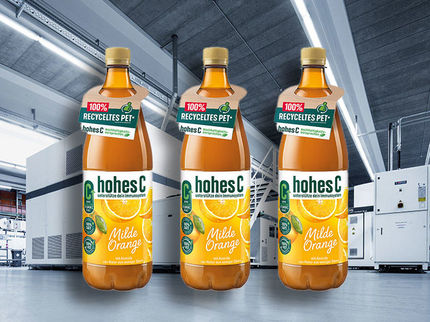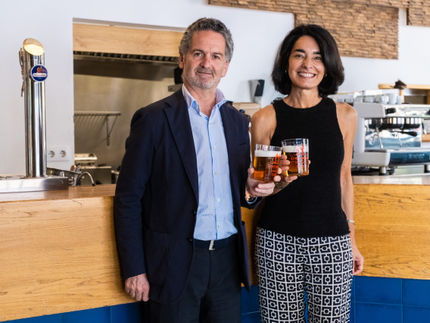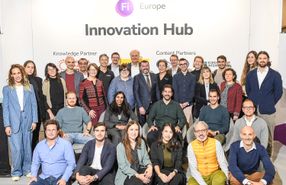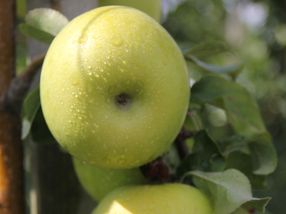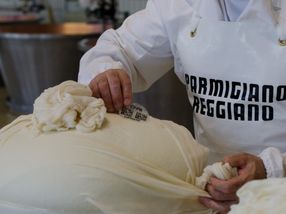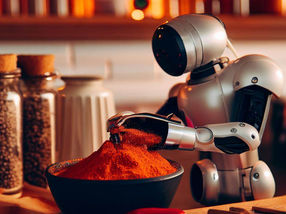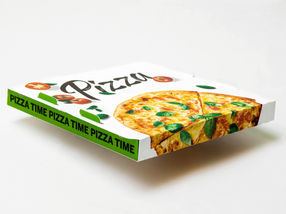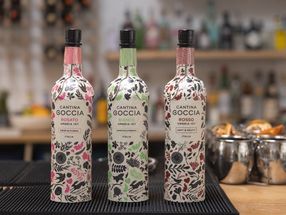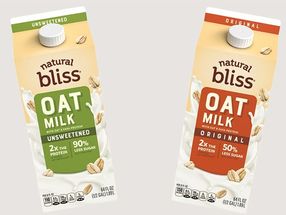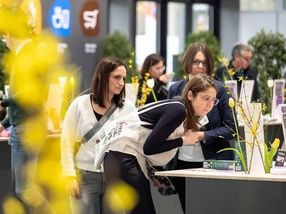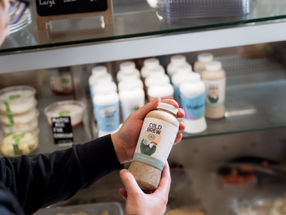The EPO unveils the top 10 innovators of the first standalone edition of the Young Inventors Prize 2025
Prize recognises innovators under 30 who are tackling Global Challenges through groundbreaking science and technology
The European Patent Office (EPO) has announced the top 10 global innovators for the first standalone edition of the Young Inventors Prize 2025. These innovators, known as Tomorrow Shapers, are under 30 and have been recognised for their groundbreaking contributions to sustainability, healthcare, and industry, aligning with the United Nations Sustainable Development Goals (SDGs). Selected from over 450 candidates by an independent jury, their work showcases the transformative power of technology in addressing global challenges.
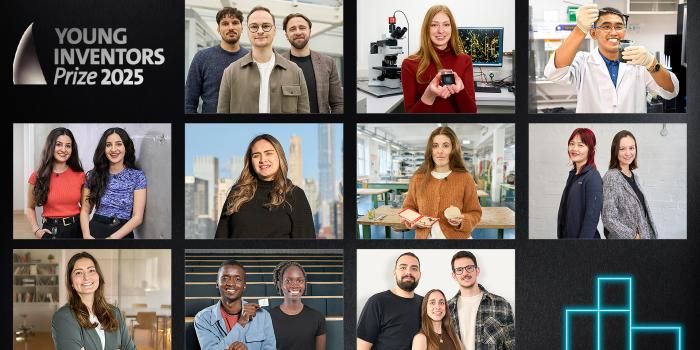
Young Inventors Prize 2025
European Patent Office
Celebrating innovation in Reykjavik
The ceremony, set to take place in Reykjavik on 18 June, will be livestreamed globally. During the event, three special prizes will be awarded: the World Builders prize for initiatives driving sustainability and circular economies, the Community Healers prize for projects ensuring equal access to essential resources, and the Nature Guardians prize for efforts protecting ecosystems. Additionally, a People’s Choice winner will be selected through an online public vote, further highlighting the impact of these young innovators.
Shaping a sustainable future
EPO President António Campinos emphasised the significance of the Young Inventors Prize, stating: "Young inventors are the architects of a brighter tomorrow, bringing fresh perspectives and bold solutions to the world's most daunting challenges. By celebrating their achievements, we not only honour their ingenuity but also underline the transformative power of technologies and science in shaping a sustainable future and inspiring generations to come."
The ten Tomorrow Shapers taking on global issues
Extending the shelf life of fresh produce: Ugandan entrepreneurs Sandra Namboozo and Samuel Muyita created a biodegradable sachet that slows fruit ripening, reducing food waste and supporting smallholder farmers.
E-waste tackling solutions through paper-based electronic device parts: Austrian industrial designer Franziska Kerber developed dissolvable components for devices such as routers, enabling easier recovery of valuable metals.
Sustainable aviation sealants: Filipino aeronautical engineer Mark Kennedy Bantugon developed an aircraft sealant made from discarded Pili Tree resin, offering a more sustainable and less toxic alternative to many current sealants.
Revolutionising rare earth recycling: French-American chemist Marie Perrin pioneered a process to extract europium from discarded fluorescent lamps, making its recycling simpler and less toxic.
Capturing pollutants and improving air quality: Colombian entrepreneur Mariana Pérez designed a Direct Air Capture system that removes CO₂, nitrogen dioxide and sulphur dioxide from the air, enabling captured pollutants to be converted into biodegradable materials.
AI-designed enzymes for industry and healthcare: Lithuanian researchers Laurynas Karpus, Vykintas Jauniškis and Irmantas Rokaitis co-developed an AI-powered platform for designing new enzymes tailored for biomanufacturing and pharmaceutical, among other applications.
Smart labels to reduce food waste and food poisoning: Spanish inventors Pilar Granado, Pablo Sosa Domínguez and Luis Chimeno created biodegradable smart labels that monitor food freshness in real-time, helping reduce unnecessary food waste.
Carbon capture for shipping: Engineers Alisha Fredriksson (Sweden/UK) and Roujia Wen (China) built a modular carbon capture system that binds CO₂ into solid limestone pellets, cutting emissions for existing ships.
Turning waste CO₂ into essential fibres: US scientists and twin sisters Neeka and Leila Mashouf developed a process to convert industrial CO₂ into cellulose pulp for sustainable, biodegradable materials, among other applications.
Smarter semiconductor manufacturing: Slovenian researcher Teja Potočnik developed an automated platform to facilitate the manufacture of nanomaterial-based semiconductor devices, paving the way to next-generation microchips and electronics.
Most read news
Topics
Other news from the department research and development

Get the food & beverage industry in your inbox
By submitting this form you agree that LUMITOS AG will send you the newsletter(s) selected above by email. Your data will not be passed on to third parties. Your data will be stored and processed in accordance with our data protection regulations. LUMITOS may contact you by email for the purpose of advertising or market and opinion surveys. You can revoke your consent at any time without giving reasons to LUMITOS AG, Ernst-Augustin-Str. 2, 12489 Berlin, Germany or by e-mail at revoke@lumitos.com with effect for the future. In addition, each email contains a link to unsubscribe from the corresponding newsletter.
Most read news
More news from our other portals
Something is happening in the food & beverage industry ...
This is what true pioneering spirit looks like: Plenty of innovative start-ups are bringing fresh ideas, lifeblood and entrepreneurial spirit to change tomorrow's world for the better. Immerse yourself in the world of these young companies and take the opportunity to get in touch with the founders.
See the theme worlds for related content
Artificial intelligence (AI) for food and beverages
Artificial intelligence (AI) is optimizing the food and beverage industry through automated quality control and more accurate demand forecasting. AI plays a particularly important role in product development by analyzing taste preferences and market trends. This allows new products to be developed that are better tailored to consumer needs, increasing efficiency and customer satisfaction.

Artificial intelligence (AI) for food and beverages
Artificial intelligence (AI) is optimizing the food and beverage industry through automated quality control and more accurate demand forecasting. AI plays a particularly important role in product development by analyzing taste preferences and market trends. This allows new products to be developed that are better tailored to consumer needs, increasing efficiency and customer satisfaction.
Topic world Food safety
Food safety is at the heart of the food and beverage industry. It ensures that the food we eat every day is not only nutritious, but also free of harmful contaminants. From field to plate, the industry monitors and regulates every step of the process with strict quality controls, advanced testing methods and continuous research.
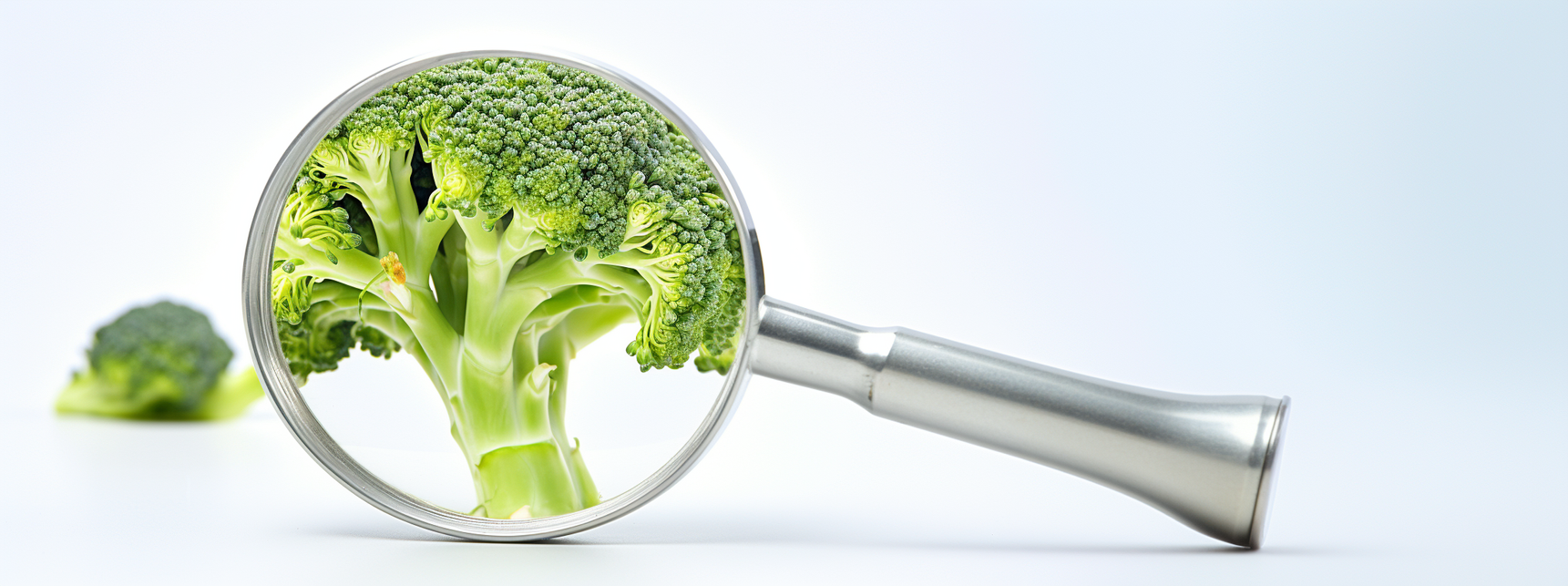
Topic world Food safety
Food safety is at the heart of the food and beverage industry. It ensures that the food we eat every day is not only nutritious, but also free of harmful contaminants. From field to plate, the industry monitors and regulates every step of the process with strict quality controls, advanced testing methods and continuous research.
